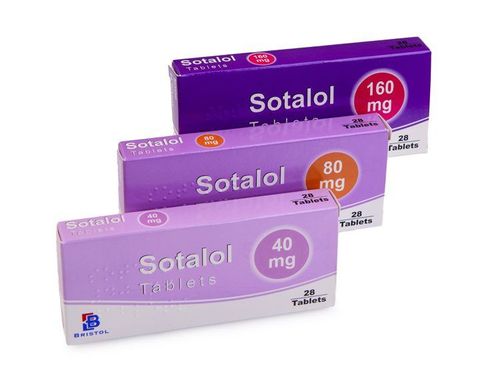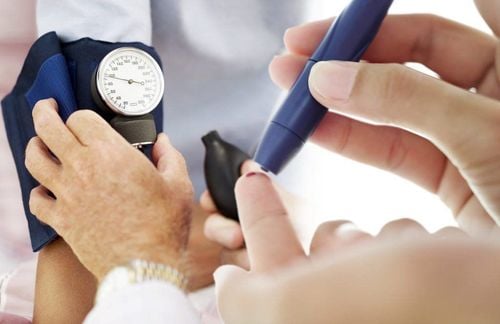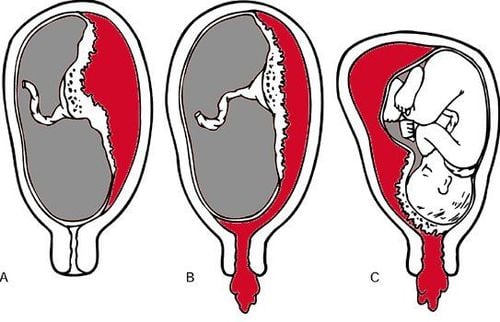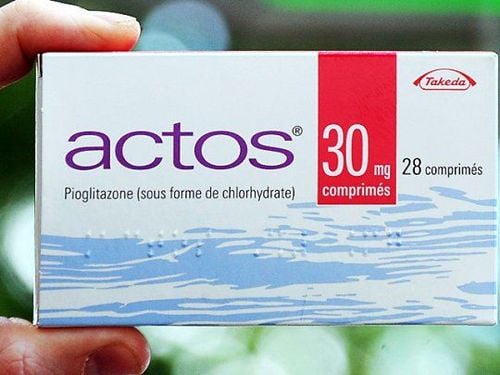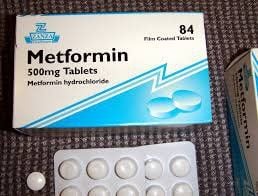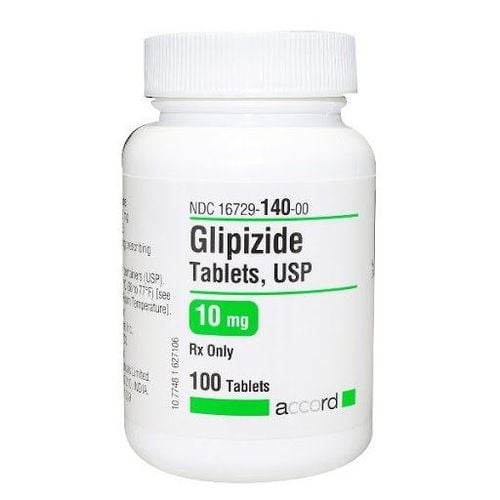This is an automatically translated article.
Not only adults, children or even babies have low blood sugar. If a child has low blood sugar without prompt treatment and care, it can seriously affect the baby's health.1. Definition of neonatal hypoglycemia
Hypoglycemia is one of the common problems in the neonatal period, which can be transient in the early stages after the baby's birth. However, prolonged hypoglycemia can damage the brain and have long-term consequences.
Neonatal hypoglycemia is defined by the American Academy of Pediatrics, when the baby's blood glucose is below 2.6 mmol/L (47 mg/dL).
2. Subjects at risk of neonatal hypoglycemia
During the first few hours after birth, your baby's blood sugar tends to drop. However, most of these cases are not dangerous. Babies can maintain their body's sugar levels by breastfeeding.
Babies born to mothers with gestational diabetes often have higher insulin levels at birth, which affects the baby's blood sugar. In addition, premature babies, infants with sudden hypothermia, infections, or babies who are large for gestational age are also at risk for neonatal hypoglycemia.
There are many causes of hypoglycemia in babies such as:
Hypoglycemia due to increased insulin in the blood:
This happens when the mother's body changes metabolism due to diabetes, blood transfusions, etc. Drugs in the fetus Mutation in genes encoding the regulation of insulin secretion by pancreatic beta cells such as genes Kir6.2, KCNJ11, ABCC8, SUR1,... due to congenital factors Asphyxia, mother in pregnancy During treatment with terbutaline, acquired Beckwith-Wiedemann syndrome which is a condition in the group of secondary hyperinsulinemia. Sudden cessation of high glucose levels in the umbilical artery Catheter in the wrong position Change of blood volume with high glucose concentration Tumors produce insulin, increase Beta cells.

Trẻ đẻ non có nguy cơ bị hạ đường huyết sơ sinh
Premature babies Intrauterine growth retardation Nutritional insufficient energy Feeding infants late Increased use or decreased production of Glucose:
Stress Congenital: Infection, shock, hypothermia, respiratory failure, post-resuscitation period Congenital metabolic disorders Endocrine disorders: Pituitary/Glucagon/Cortisol/Adrenaline deficiency. Polycythemia vera: Mother used beta-blockers (eg labetalol, propranolol).
3. Signs of hypoglycemia in babies
In newborns, symptoms of hypoglycemia will appear from 03 to 48 hours after birth, including the following signs:
Rapid drop in body temperature, pale skin, cyanosis, cold hands and feet Digestive symptoms symptoms such as abdominal pain, vomiting, hunger pangs, irritability Rapid, rapid, and strong breathing In severe cases, convulsions and coma may occur. 41% of cases of neonatal hypoglycemia usually occur in babies born prematurely, with low birth weight less than 2.5 kg. According to experts, the disease can have a serious impact on the child's nerves later in life. Therefore, infants need to be diagnosed and treated promptly.
4. Treatment of neonatal hypoglycemia
For babies born prematurely from 35 - 36 weeks or full term, mothers need to breastfeed soon after birth. If the baby cannot suckle, the doctor should take care of him with an infusion of a sugar solution (glucose 10%: 6 - 8 mg/kg/min) to raise blood sugar in the newborn.
For older children, when detecting signs of hypoglycemia, parents need to feed their children immediately, foods such as flour, porridge, milk... In the following days, children should eat many meals, divided around the same time of day to feed the baby.
In case of premature birth or severe illness, start infusion of sugar solution (glucose 10%: 6-8mg/kg/min). Children with hypoglycaemia need 10% intravenous glucose (2-3ml/kg glucose 10% over 1-2 minutes). When necessary, the injection can be repeated. After that, continue to maintain glucose solution (10% from 6 to 8 mg/kg/min) until blood glucose returns to normal and stable. Glucose levels or dosages may need to be increased to ensure normal blood sugar.
Hypoglycemia in infants is an extremely dangerous disease, so parents should equip themselves with necessary tools at home such as blood glucose meters, blood pressure monitors, electronic thermometers... to Monitor your child's health regularly. In the event that a child has unusual symptoms, parents need to immediately take the child to a medical facility for timely advice, diagnosis and treatment by doctors.
Please dial HOTLINE for more information or register for an appointment HERE. Download MyVinmec app to make appointments faster and to manage your bookings easily.




